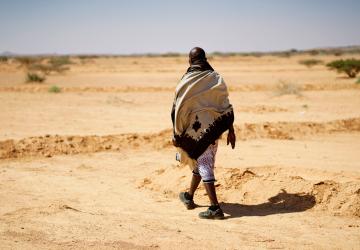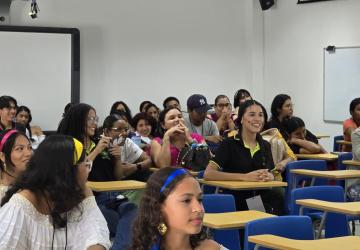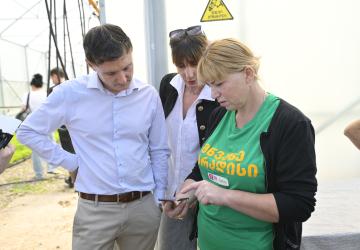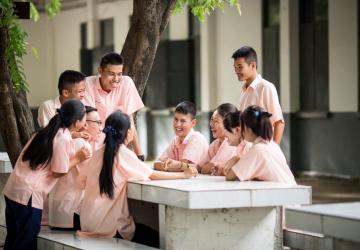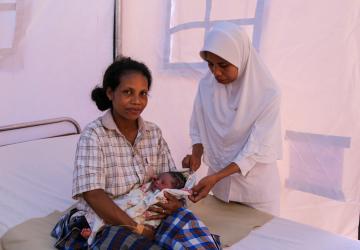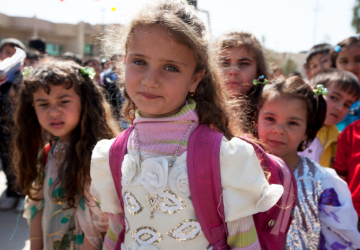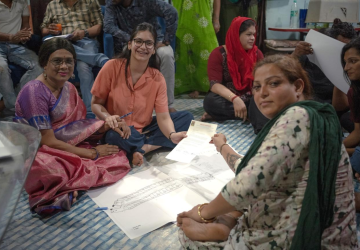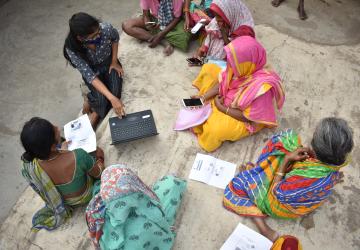‘Diversity is our strength’-Deputy UN chief urges RCs in Asia-Pacific to put women & girls at the heart of the SDGs
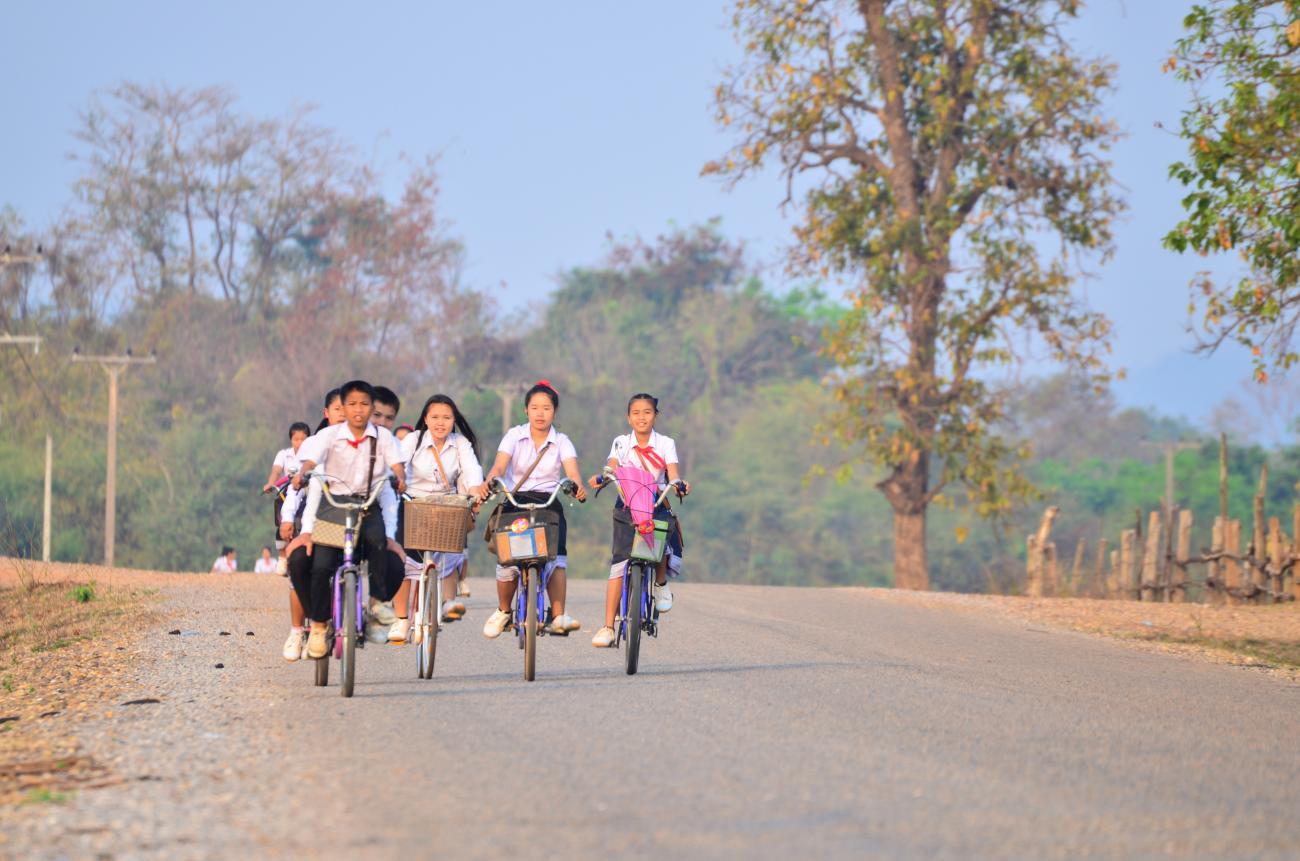
Following the conclusion of the Tenth Asia-Pacific Forum on Sustainable Development (APFSD), the UN Deputy Secretary-General, Amina Mohammed, held an online discussion with the United Nations Resident Coordinators from the Asia Pacific region on April 4, where the urgency of UN country teams seizing the opportunities for achieving the Sustainable Development Goals was highlighted.
According to newly launched SDG progress report 2022, data from the Economic and Social Commission for Asia and the Pacific (ESCAP), the cost-of-living crisis has deprived 400 million people of safe and nutritious food in the region. Climate related catastrophes, coupled with biodiversity loss and pollution are taking lives and causing immense hardship and suffering. Fiscal space is constrained; debt burdens are unsustainable. But all hope is not lost - with the UN at the center of repositioning itself, it is fit for purpose to respond to these challenges.
The UN deputy chief urged Resident Coordinators in Asia-Pacific to focus on key integrated solutions and SDG accelerators, including food systems transformation, digitalization, just transitions and quality education. Describing the present as an era of ‘development crisis’, Ms. Mohammed advocated for the need of increased financial resources and the revamping of the financial system to be more equitable and socially just to get the SDGs back on track. The DSG added: ‘we are now witnessing a “re-birth” moment that provides us with an opportunity to do things differently and ensure we ‘leave no one behind’. Diversity is our strength, and we must double our efforts to further ensure women and girls are at the center of our work’.
The Regional Director for Asia-Pacific at the Development Coordination Office (DCO), David Mclachlan-Karr, highlighted the ongoing endeavors being led by the UN Resident Coordinators to make transformative changes to SDG acceleration through the vision of the UN Development System Reform. He further added that RCs were repositioning their strategic thinking and approaches to become trusted partners of UN Member States in stepping up action towards meeting the SDG goals.
By way of example, RCs in Nepal, Bangladesh and Lao PDR were assisting host governments to make the transition from LDC graduation by leveraging transboundary cooperation and working closely with UN DESA, OHRLLS, ESCAP, UNCTAD and other UN agencies to support the formulation and implementation of the necessary strategies for successful development graduation. In Bhutan, the RC had managed to yield efficiency results at a value of close to US$ one million over three years through a smart portfolio of carbon neutral infrastructure, the introduction of a fleet of hybrid/electric cars and common back-office support.
A total of twenty RCs attended the meeting and presented a wide range of best practices and lessons learned from the respective host countries.
In Mongolia, Resident Coordinator Tapan Mishra highlighted the new collaboration with OCHA, ESCAP and UNDRR on early prevention action that preserved the livelihoods of communities by saving 75% of livestock (1million) during the harsh and icy Dzud (winter ice storms). Catherine Haswell, Resident Coordinator in the Republic of Maldives, shared the specific challenges of the Small Island Development States, and the difficult choices they face, be it on climate, debt, economic and social sustainability.
In closing, the UN Deputy Secretary-General noted, ‘Our ability to respond on time and in time is becoming even more critical’. The SDG Summit will take place in September 2023 and will be an opportunity for governments to re-set their SDG commitments in a bold and transformative may through concrete actions and well-informed plans’.



